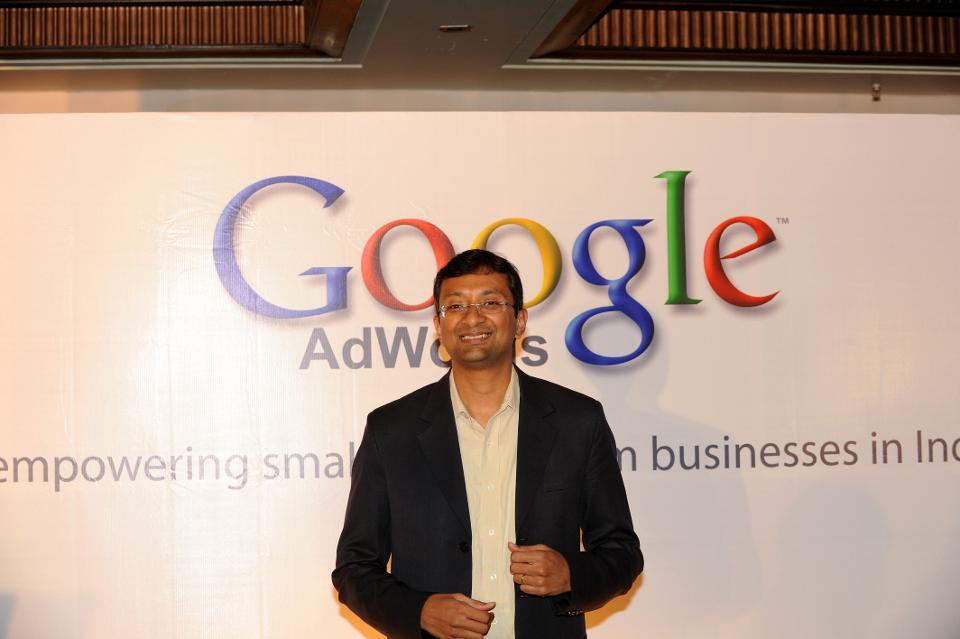
(Photo: SAM PANTHAKY/AFP/Getty Images)
How effective is Google AdWords? originally appeared on Quora: the place to gain and share knowledge, empowering people to learn from others and better understand the world.
Answer by Justin Rezvani, Founder CEO at theAmplify, on Quora:
For the past decade, digital advertising has been on an exponential growth curve.
Big brands have shifted huge amounts of their advertising budgets (previously reserved for more conventional methods such as display, television, or print) into things like Facebook ads and Google AdWords.
And it’s clear why: digital platforms are now where people are spending their time.
However, in 2017, what we’re beginning to see is a peak to the summit. According to CNBC, brands are reported to lose $16.4 billion to online advertising fraud—meaning the digital ads you purchase aren’t being served to the customers you think they are (if at all).
On top of that, advertisers lost about $12.5 billion in 2016 due to invalid traffic—clicks driven by bots instead of humans.
These are huge issues for brands who expect to see a return on their marketing investments. And recently, CFO of PG, Jon Moeller, made a strong move to cut spending on digital advertising, only to reach a substantial conclusion. “We didn’t see a reduction in the growth rate… what that tells me is that the spending that we cut was largely ineffective,” he said, according to Business Insider.
CEO David Taylor explained further, cited by the Wall Street Journal, that more than $100 million spent on digital advertising was largely ineffective.
For one of the biggest brands in the world to say their digital advertising efforts were not as effective as they had originally hoped for is certainly a shocking statement.
But I believe it’s a step in the right direction.
As more and more studies begin to reveal the underlying issues with digital, specifically programmatic advertising, we are now beginning to see brands shift more of their spending into things like experiential events, live social media campaigns, and influencer marketing.
Here’s why.
1. Ad blockers are tuning out the noise.
In 2016, the usage of ad blockers increased nearly 30%. That’s not something to be taken lightly.
To combat this rampant rise, brands like Jaguar, Absolut, and MasterCard, among others, are starting to invest more in real events interacting with consumers in real time. According to AdWeek, president of WME | IMG’s (now Endeavor) experiential agency IMG Live, Bryan Icenhower, said that “experiential is a uniquely fast and effective way to build brand awareness through one-to-one connections with consumers. It engages all five senses, sparking emotions that form lasting memories which have been shown to drive brand loyalty.”
This something we believe in strongly at theAmplify, whenever we are coordinating influencer campaigns for big brands. Consumers want to interact with influencers, see and meet their favorite influencers, and even create content with these influencers in real life.
A consumer or a fan will go to great lengths to be at an event with someone they follow closely online. And they will be far less likely to pay attention to an ad that tries to convey that same value through an eye-catching call to action or headline.
2. Live streaming is an unstoppable trend.
Live video is far more popular than you think.
In fact, nearly half of US internet users watch live video at least once per week. On top of that, Facebook Live videos are watched 3x longer than regular videos, proving that Live is a catalyst for engagement.
But one of the qualities that makes a great Live stream is the involvement of influencers. People want to watch people they recognize, they follow regularly, and they know will provide them with whatever it is they’re looking for: entertainment, education, news, etc.
Although Facebook Live has been ramping up speed for a while now, it’s worth giving credit to Snapchat for really bringing the value of Live mainstream, since Snapchat Stories gave viewers the feeling that it was Live. Stories led to influencer takeovers, and now we have influencers partnering up with brands to host award shows or perform branded stunts on social media live streams.
It’s only a matter of time before more and more brands realize the value of Live experiences over conventional digital ads.
3. Influencer marketing isn’t slowing down any time soon.
Why spend money on a text ad when you can spend that same amount on a relevant social influencer with a highly targeted following of loyal fans?
What makes influencer marketing so compelling for brands is the association that comes with a high-profile influencer. An ad will always just be an ad. But an influencer, because they are a human being, inherently brings a level of reliability and relevancy no programmatic ad budget can buy.
But furthermore, influencers themselves are just as measurable, if not more so, than things like Google AdWords or even Facebook ads. A few years ago, influencer marketing wasn’t there yet, but we now have the software to be able to determine the right influencers, for the right campaigns, long before the first dollar is spent—and that’s powerful. Actually, since data is so important in making the right marketing decisions, we decided to build our own proprietary software and platform in-house, called Reach. And it has been the backbone of every one of our big brand strategies and influencer campaigns.
This question originally appeared on Quora – the place to gain and share knowledge, empowering people to learn from others and better understand the world. You can follow Quora on Twitter, Facebook, and Google+. More questions:
- Google AdWords: Who actually clicks on Google search ads?
- Content Marketing: Who is my targeted audience for content marketing?
- Business: What is the best advice for a CEO during their pre-start-up phase?
Article source: https://www.forbes.com/sites/quora/2017/10/23/how-effective-is-google-adwords/
